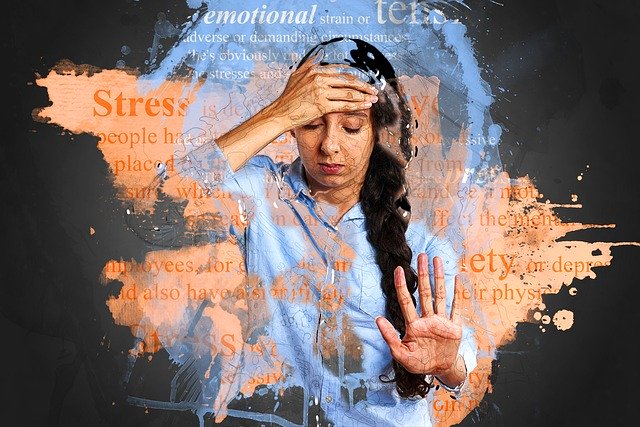Dealing with chronic stress?
You can trigger the relaxation response to reduce stress and prevent harmful stress hormone effects on your health. The relaxation response is the physiological counterpart of the stress response.

Not only can chronic stress lower the quality of your life, but it can also shorten your life. By using techniques that trigger the relaxation response effectively, you can reduce stress and prevent harmful stress hormone effects.
The Relaxation Response Produces the Exact Opposite Effect of the Body’s Stress Response
When faced with a stressful situation, your body triggers the stress response or fight-or-flight response. This leads to the secretion of cortisol, adrenaline and other stress hormones along with an increase of your blood pressure, breathing and heart rate.
The relaxation response produces the exact opposite effect of the body’s physiological reaction to stress. The state of deep calm produced by the relaxation response results in a decrease in blood pressure, breathing and heart rate as well as muscle tension and oxygen consumption.
Dr. Herbert Benson at Harvard Medical School did the earliest scientific research studies on the relaxation response. The physiologic changes induced by meditation, which triggers the relaxation response, include reduction of breathing rate, oxygen consumption and CO2 output.
By taking advantage of techniques that trigger the relaxation response, you can reduce stress and prevent damaging stress hormone effects.
Chronic Stress: What Are the Harmful Stress Hormone Effects?
In today’s society, most people are inundated with overwhelming stress. If you’re constantly dealing with excessive and chronic stress, your body’s stress response is constantly on. In turn, the resulting stress hormone effects are chronically high.
Long-term and constant exposure to high levels of cortisol, adrenaline and other powerful stress hormones can disrupt many processes in your body. This is toxic to your system and it can put you at increased risk for numerous health problems, including high blood pressure, heart disease, digestive problems, obesity, memory impairment, decreased immunity and worsening of other diseases.
Chronic stress can increase your risk for a stroke and heart attack as well as change the outcome of cancer and other illness. In addition, even small and persistent stress of daily life can accelerate aging.
In Dr. Benson’s book, “The Relaxation Response,” he describes the steps to trigger the relaxation response.
4 Steps to Trigger the Relaxation Response and Reduce Stress
- Sit quietly and comfortably.
- Close your eyes then relax all your muscles from head to toe.
- Breathe slowly and deeply. To help yourself focus and avoid distractions, you can count your breaths, repeat a sound, phrase or motion slowly. Another approach is to visualize a meadow, lake or some other relaxing image.
- Do this for about 10 or 20 minutes. Do not use an alarm. When you finish sit quietly for a few minutes and then get up slowly.
Additional hints:
- Just allow relaxation to occur at its own pace. Don’t worry about achieving a deep level of relaxation. When distracting thoughts occur, don’t dwell on them and try to ignore them. Just return to counting your breaths, repeating a sound, phrase or motion slowly or visualizing a relaxing image.
- Practice the relaxation technique once or twice daily, but not within two hours after any meal; the digestive process can interfere with the effects of relaxation response.
Of course, there are other ways you can trigger the relaxation response including, deep breathing, physical exercise, meditation, progressive muscle relaxation as well as other relaxation techniques and stress management techniques.
Unfortunately, you can’t avoid stress — it’s part of life.
If you’re constantly dealing with excessive and chronic stress, your body’s stress response is constantly on. When you have chronically high levels of stress hormones, you are at high risk for numerous health problems,.
Not only can chronic stress lower the quality of your life, but it can also shorten your life…
So, it’s important to reduce stress and reduce its harmful effects. By using stress management techniques that trigger the relaxation response effectively, you can prevent harmful stress hormone effects to your health.
